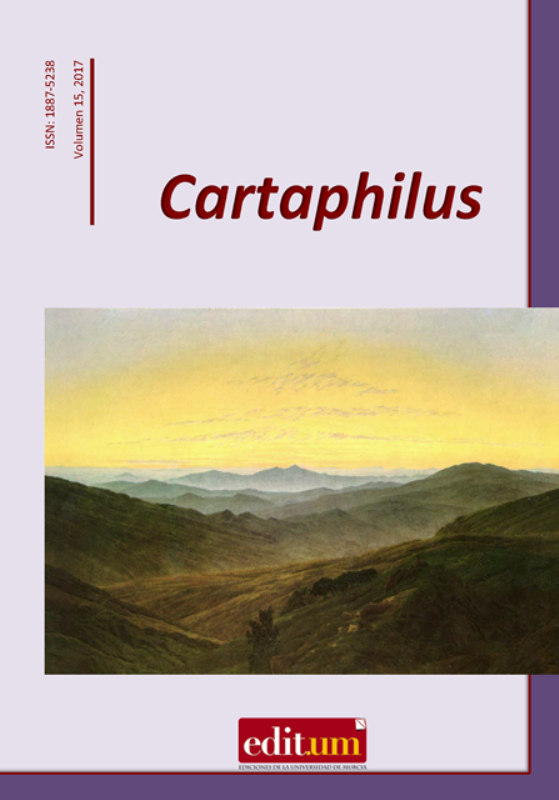Destruir el mundo. La escritura distópica de Mario Mendoza en "Buda blues"
Supporting Agencies
- Centro Universitario Internacional de Barcelona
Abstract
El objeto de este artículo es desplegar un análisis cualitativo de la novela Buda blues de Mario Mendoza a la luz de textos como Vigilar y castigar e Historia de la sexualidad de Michel Foucault, La era del vacío de Lipovetsky y Futuro primitivo de John Zerzan. Mendoza reelabora categorialmente el distopismo, comúnmente orientado a advertirnos sobre las derivas totalitarias del presente sociopolítico y su materialización en un futuro brutal, para corroborar que, en efecto, el futuro ya está aquí. El control químico del bienestar, la hipervigilancia, el aislamiento social o la psicopolítica son solo los síntomas de un sistema infecto, en vías de desintegrarse y cristalizar en una versión optimizada del Big brother de Orwell. En dicha línea, Buda blues disecciona los engranajes del poder, rastrea sus límites y sus márgenes, y vehicula posibles canales para emanciparse, ontológicamente, del pensamiento único.
Downloads
-
Abstract565
-
PDF (Español (España))303
Works published in this journal are subject to the following terms:
1. The Servicio de Publicaciones of the University of Murcia (the publisher) reserves the copyright of the published works and encourages and allows their reuse under the usage licence indicated in point
© Servicio de Publicaciones, Universidad de Murcia, 2015
2. Works are published in the electronic edition of the journal under a Creative Commons Reconocimiento-NoComercial-SinObraDerivada 4.0 International licence (legal text). They may be copied, used, disseminated, transmitted and publicly displayed, on condition that: i) the author and original source of the publication are cited (journal, publisher and URL of the work); ii) the material is not used for commercial purposes; iii) the existence and specifications of this licence for use are mentioned.

3. Self-archiving conditions We allow and encourage authors to electronically disseminate the preprint versions (the pre-review version) and/or post print (the version that has been reviewed and accepted for publication) of their works before they are published as this encourages earlier circulation and dissemination and so a potential increase in their citation and impact in the academic community.




